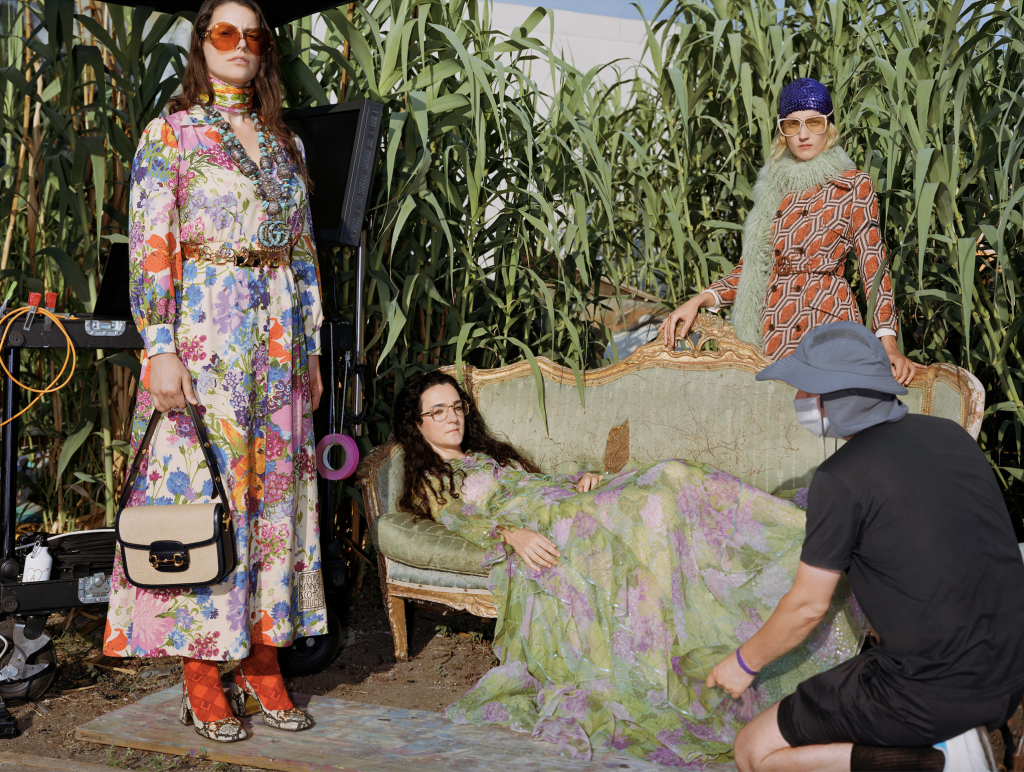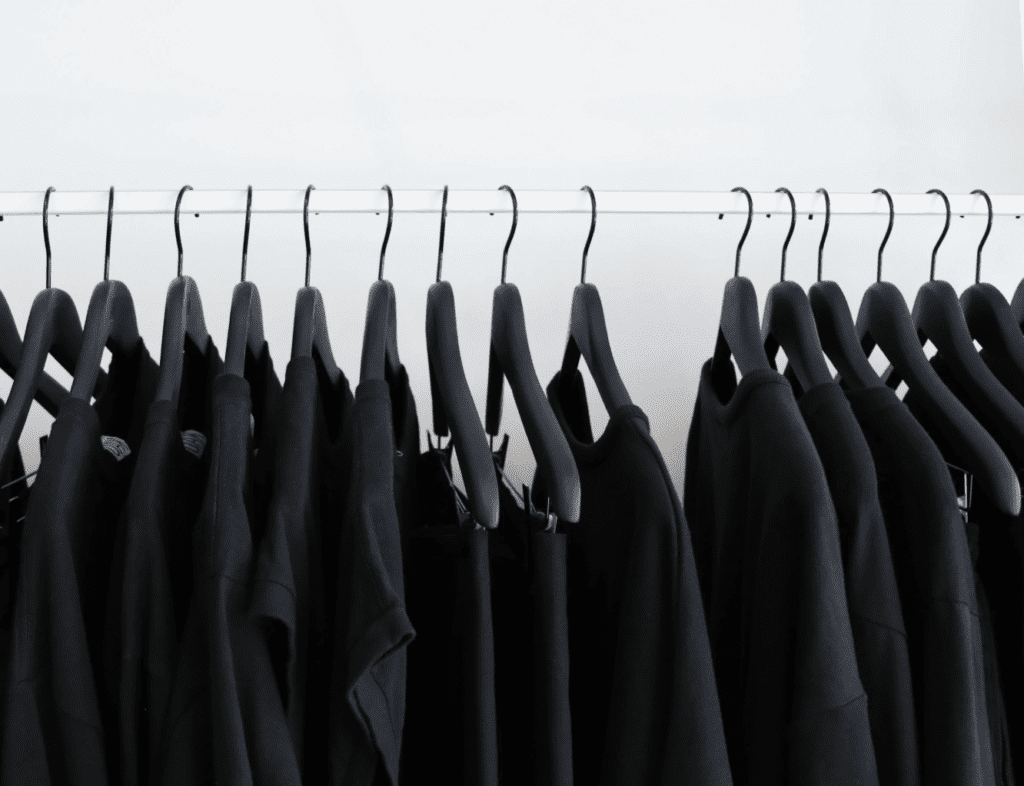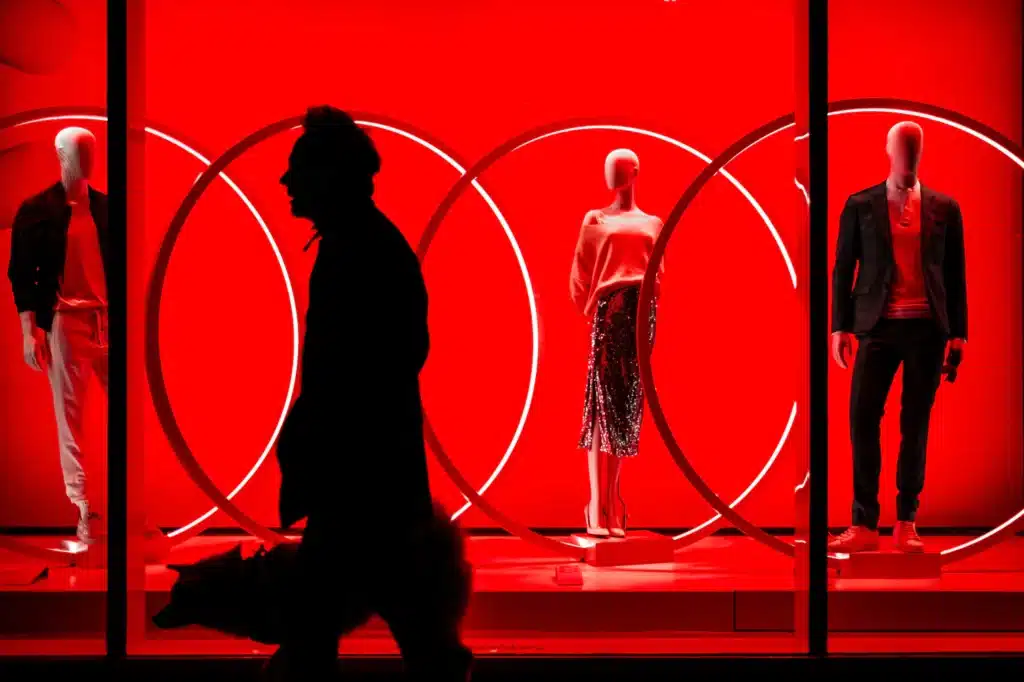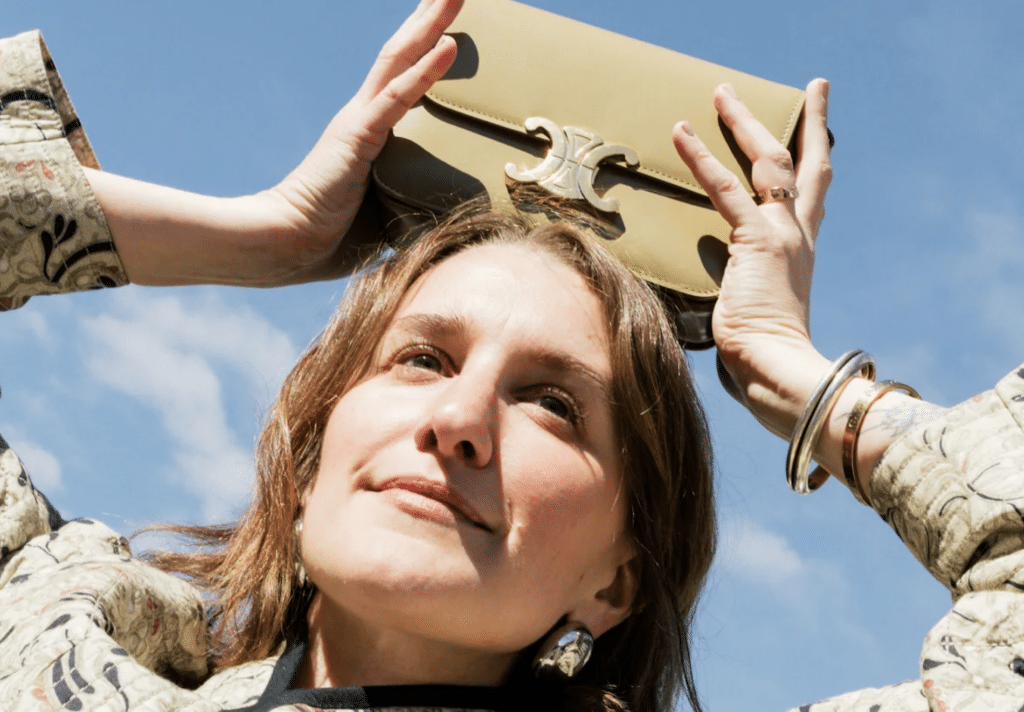“After the financial crisis of 2008/09, policy-makers were so intent on rebuilding their economies that sustainability considerations took a back seat,” Toronto-based media, research, and financial information products company Corporate Knights stated in connection with its annual ranking of the world’s most sustainable corporations. “As the full economic impact of the COVID-19 crisis became apparent during the first half of 2020, there were fears that the same thing would happen this time.” That has not proven to be the case, however, and “rather than abandoning sustainability pledges,” governments around the world have “seized on the opportunity presented” and doubled-down on green investments.
The same is true for private (non-governmental) entities, as well. Presented virtually during the World Economic Forum late last month, Corporate Knights’ 2021 annual Global 100 ranking demonstrated that it is “not just national governments taking action,” as “the number of companies and municipalities signing on to net-zero [initiatives],” for example, “has more than doubled since last year.”
In terms of the value of such sustainability-centric efforts, Corporate Knights states that its index “continues to demonstrate that sustainability is good business and enables companies to outperform their peers.” For instance, the company claims that total returns for the members of the Global 100 for the calendar year 2020 were “up 26 percent compared with a rise of 16 percent for the MSCI ACWI.” (MSCI ACWI is an international equity index that tracks about 3,000 stocks in 49 developed and emerging market countries). Moreover, Global 100 index members “earn 41 percent of their revenues from products or services aligned with the UN Sustainable Development Goals, compared to just 8 percent for MSCI ACWI companies on a weighted basis.”
And beyond that, Corporate Knights notes that “sustainable firms also have longer lifespans.” Its analysis with Thomson Reuters Datastream “shows that the average age of a Global 100 company is 74 years, versus 53 for companies in the MSCI All Country World Index.”
As for what companies landed on Corporate Knights’ 2021 list, the highest-ranking fashion/retail entity is, yet again, Kering, which took the number 7 spot, up from 23 last year. This marks the fourth year in a row that Paris-based Kering – parent to Gucci, Saint Laurent, Bottega Veneta, and Balenciaga, among other luxury brands – has ranked first in the Clothing and Accessory Retail category. (This year’s top 5 are respectively, Schneider Electric SE, Ørsted A/S, Banco do Brasil SA, Neste Oyj, and Stantec Inc).
Elsewhere on the list, adidas and Industria de Diseno Textil SA were the only other apparel names. The German sportswear giant took the number 76 spot (down from 55 last year), and Zara’s parent company INDITEX came in at number 92 (from 94 in 2020).
In terms of the methodology for its ranking, which only includes publicly-listed companies with gross annual revenue of a minimum of $1 billion, Corporate Knights considers more than two dozen key performance indicators (“KPIs”) “covering resource management, employee management, financial management, clean revenue and supplier performance.” For its 2021 ranking, the company says that it specifically included several new KPIs to reflect “the social concerns that the pandemic and Black Lives Matter highlighted during 2020,” such as “paid sick leave, executive and board racial diversity, and clean investments (including clean capital expenditures, R&D and acquisitions).” Corporate Knights notes that this information is based on companies’ publicly-disclosed data (e.g., financial filings, sustainability reports).











